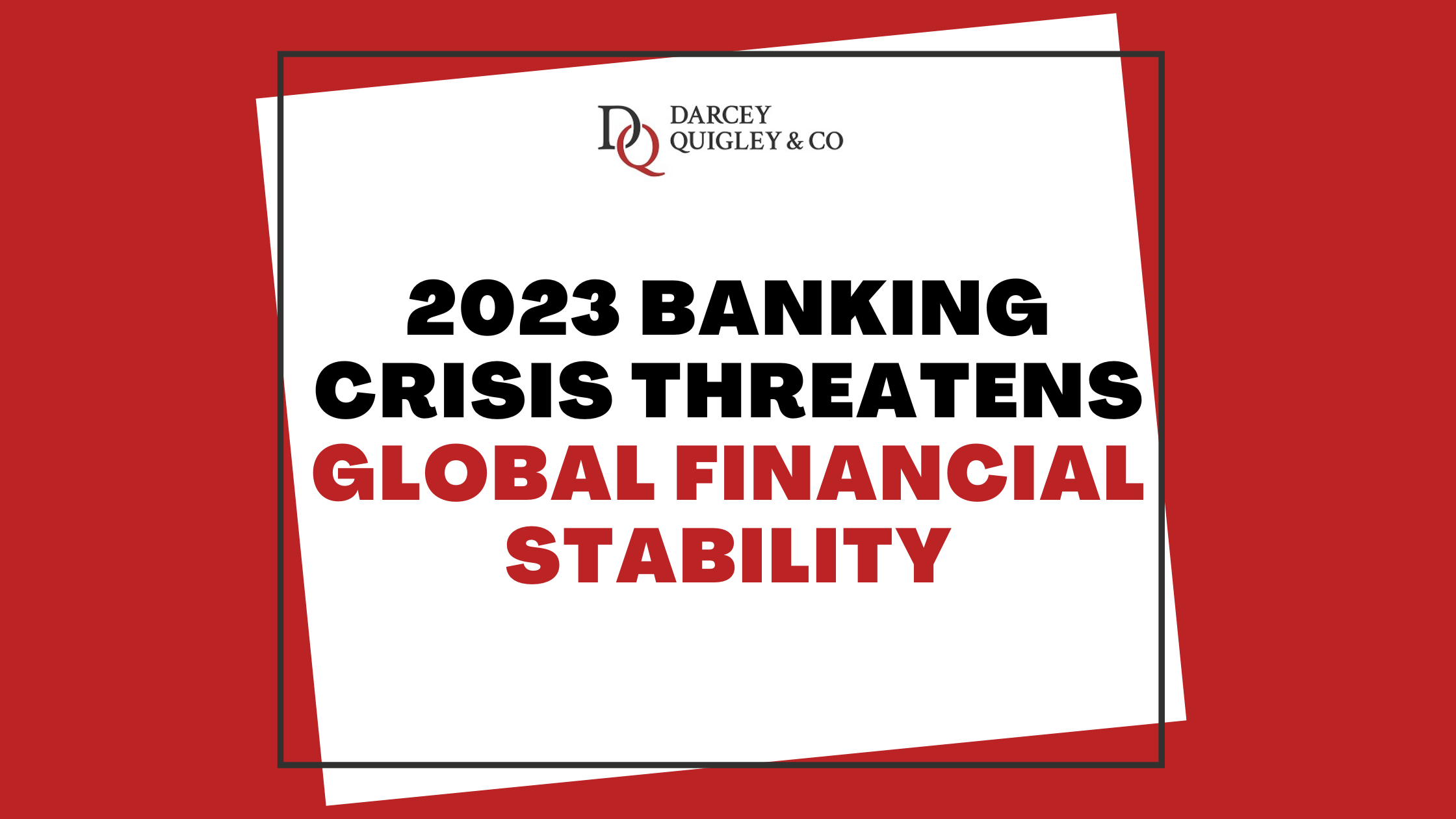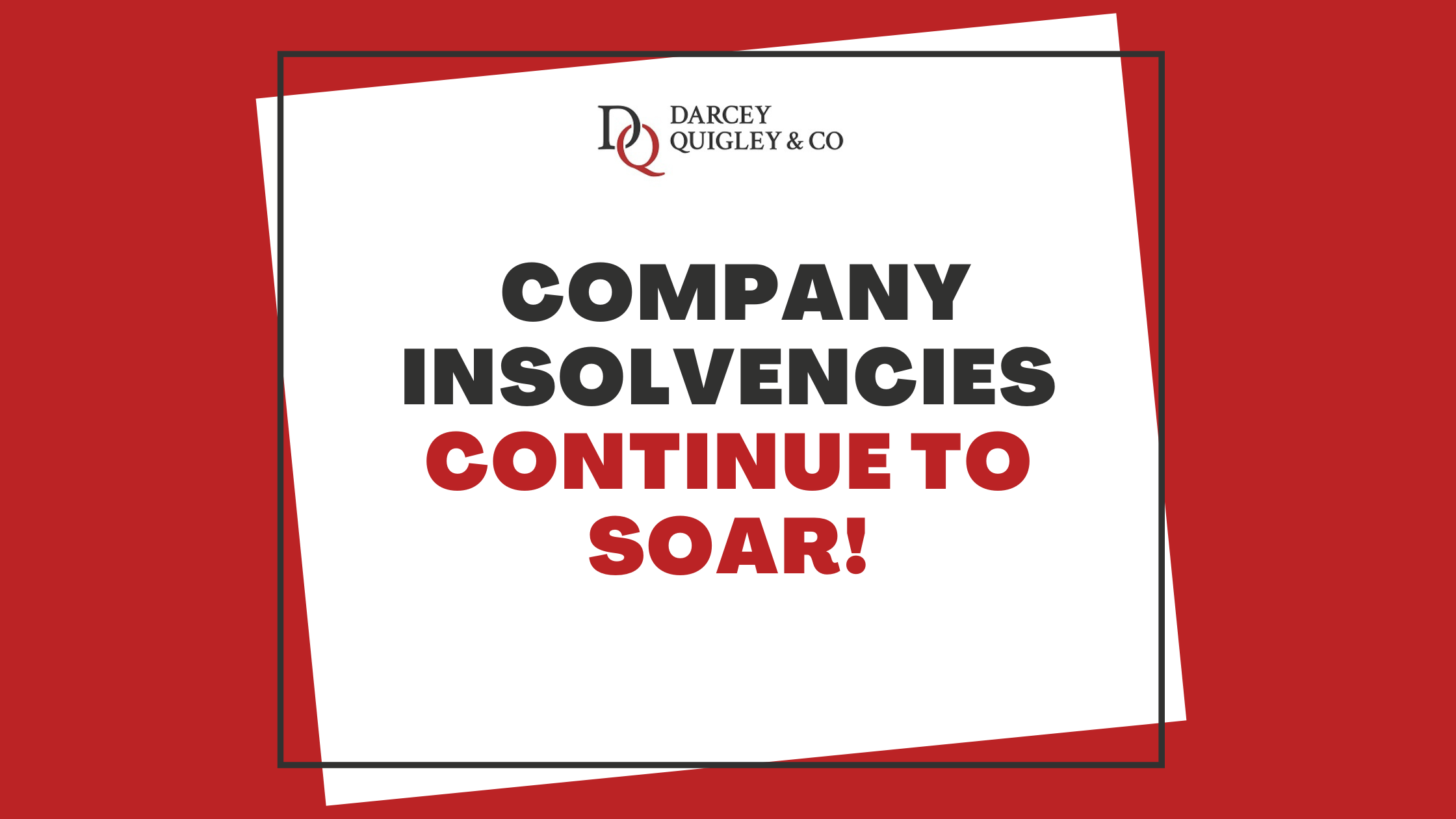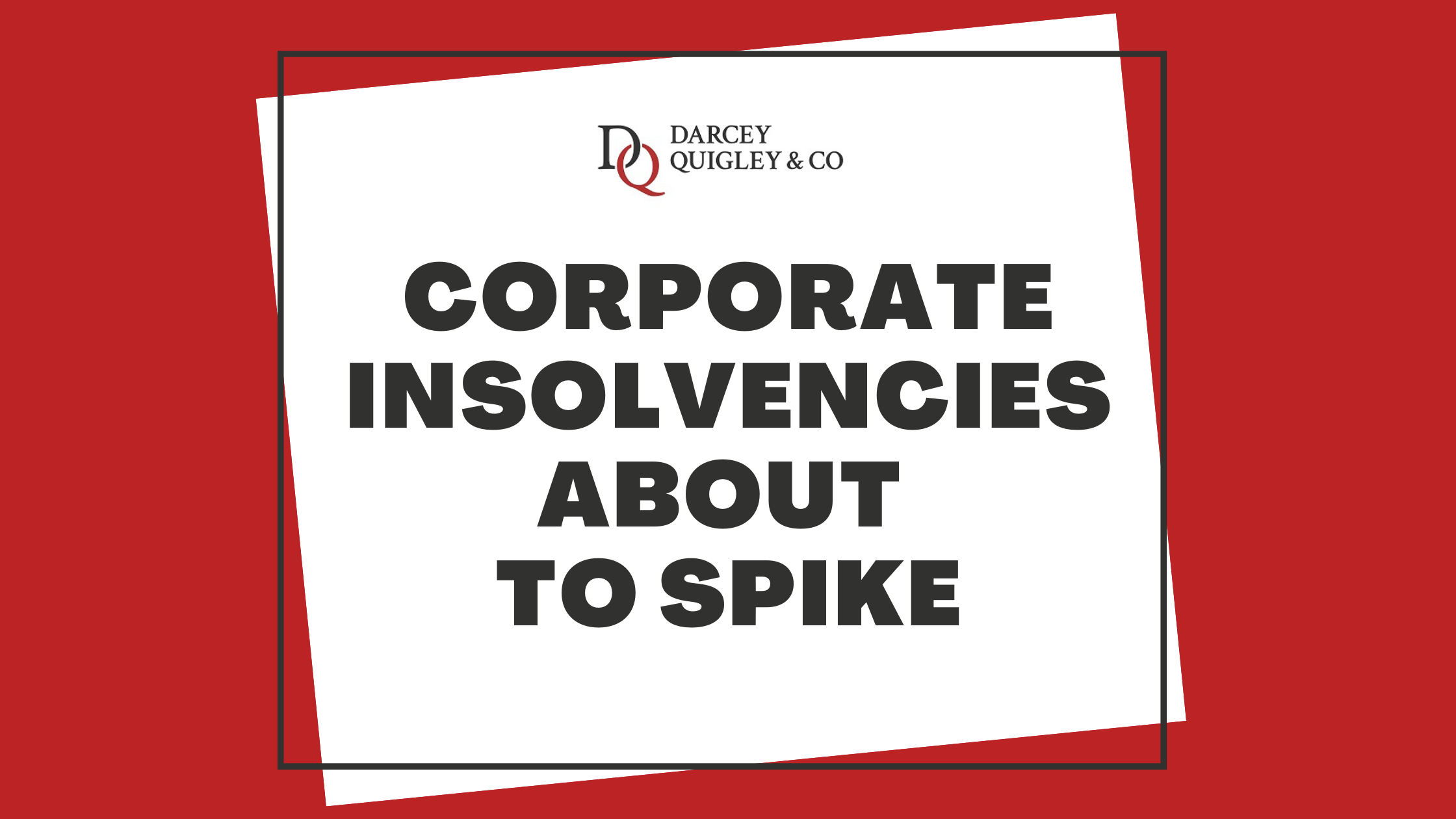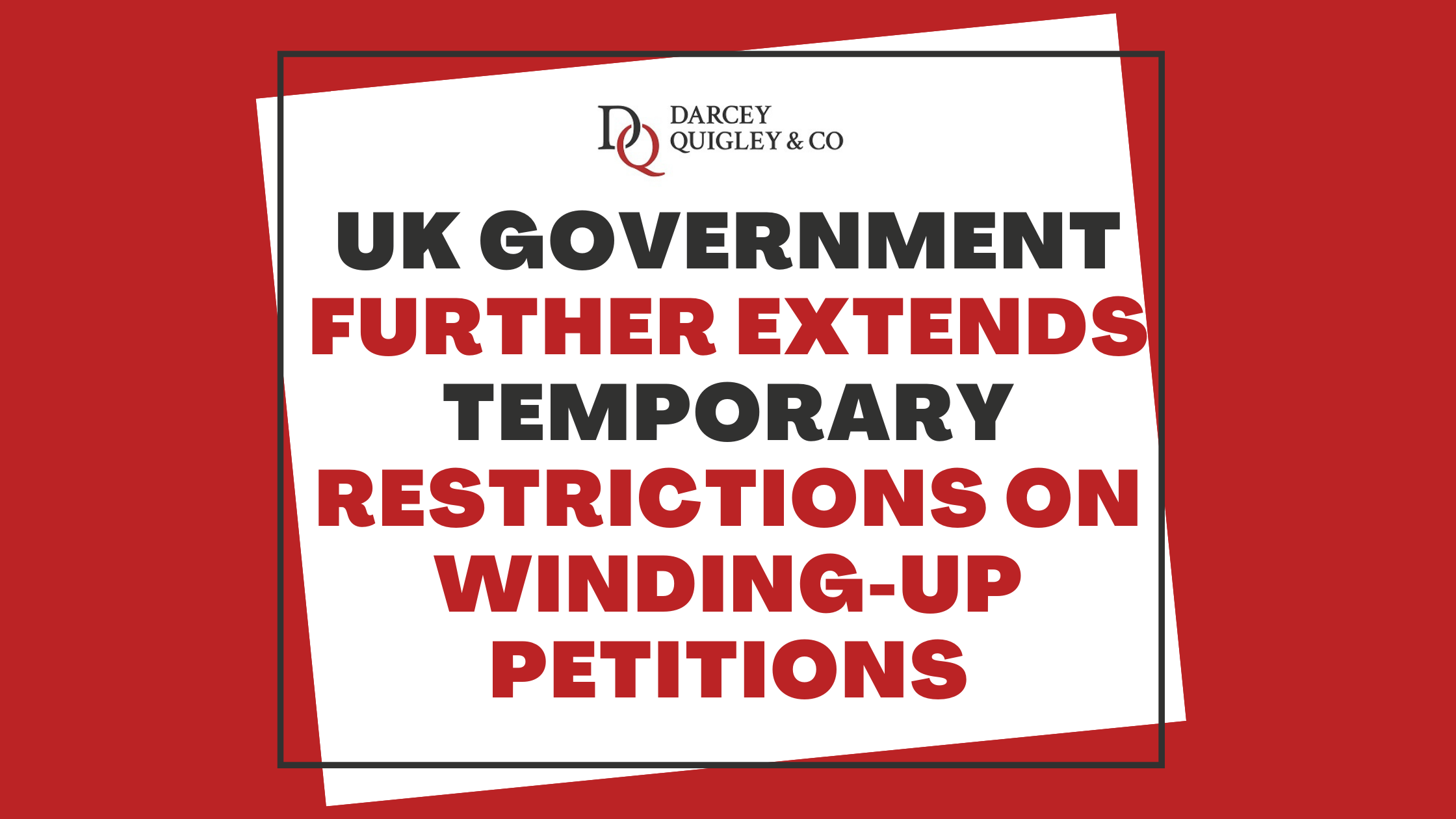The Importance of Good Credit Control
Effective credit control is fundamental to generating a regularly stream of cash flowing through your business. Cash is reality, as the saying goes.
Having effective credit control is fundamental to the success of your business. Over half of all bankruptcies are attributed to poor credit management and 50,000 SMEs in the UK fail every single year due to not being paid on time.
Every business owner should already understand that having a positive cash flow is one of the fundamental aspects of operating a business.
But how do you improve your cash flow?
Some businesses may opt to increase prices to get more cash or they may enter new markets which can be an exciting move to make.
However one of the most important, and sometimes overlooked, ways to better your cash flow is by having effective credit control systems in place.
Why is credit control so important?
Effective credit control is vital to sustaining growth for a business, as well as being equally important to businesses fighting for survival.
The ultimate goal of credit control for your business is making sure you have cash coming in, when you are supposed to, keeping your cash flow nice and healthy.
Late payments from aged debtors are one of the biggest reasons that businesses encounter cash flow problems. Having effective credit control helps mitigate some of the risk here, meaning you get paid on time, more frequently, and avoid non-payments. This will help keep your cash flow in good shape and enable you to focus on growing your business.
Having a healthy cash flow means you will be less reliant on short-term fixes such as credit cards and loans with high interest rates. The money you would spend on fees and interest is much better placed going into your business to help you grow.
In the event that you face a late-payer and need to chase the debt yourself things can get frustrating. Chasing debts yourself can be time-consuming for a start, picking up the phone and writing letters. This is particularly hard when you are in dire need of that invoice being paid as soon as possible. Whether the money arrives as soon as you start chasing or not it has taken time away from you or your employees that could be much better spent elsewhere. And this is the best case scenario.
On the other hand, if your debt collection processes are not up to scratch or if you leave a debt too long then the debt could be written off completely which leaves you out of pocket. If you have outstanding debts that you are worried about, get in touch for a friendly chat and our team of commercial debt recovery consultants will be able to advise you on the best course of action.
You will want to resolve any commercial debt issues before they reach the courts. Using court and solicitors to resolve commercial debts should be avoided as they are both expensive and very time consuming. Darcey Quigley specialise in pre-litigation debt recovery meaning we help recover debts and avoid expensive legal costs or credit insurance penalties. Take a look at the differences between Darcey Quigley’s approach compared to solicitors.
As we see issues related to poor credit control on a daily business we’ve put together this complete guide on credit control. There is plenty to take in for businesses of all sizes given how important good credit control management is.
Check creditworthiness of customers
Checking the creditworthiness of a new customer is the first thing you should do after an agreement has been made in principle.
You need to answer several questions before you agree to fulfil an order:
- Can your customer afford to pay the full amount owed within the specified timeframe?
- Are they likely to run into financial problems in the near future?
- Are there any notices that you should be aware of that may indicate potential problems in paying you?
- Do they have a track record of late or non-payment to other suppliers?
Effective credit checking should answer all of these questions for you, helping mitigate risk for your own business.
There are various ways that you can check the creditworthiness of a business and we recommend using a blend of different ways to get the most complete picture:
Online company credit check
Businesses can pull credit reports for companies nearly instantly using online credit reference agencies such as Creditsafe.
Online company credit reports will give you an up to date view on the creditworthiness of a customer, some even offer to alert you whenever there’s a change and should include the last three years’ financial information as well as show any CCJs (county court judgements).
Paying a bit more will give you more detailed credit reports that include the company’s previous payment record, extremely helpful to know when assessing creditworthiness.
We’ve previously written about how business credit reports can help inform your future business decisions, read the full article here.
Trade references
We would recommend getting trade references from at least two regular suppliers of the customer in question.
Each reference should include the supplier’s name and contact details and at the minimum contain how long the account has been open, if there has been any record of late payment, the credit limit agreed and whether the supplier would recommend giving this particular customer credit.
It is important to note that there may be some bias depending on whether the references come from and the relationship between the customer and supplier.
Bank reference
These are very brief comments that the bank of a potential customer may provide you with. They predate the credit reporting we’re used to now and are often very vague by nature. But it is always good to get another opinion on the creditworthiness of a customer.
Using Darcey Quigley’s intelligence and data insights
We are here to lend a helping hand. Get in touch for a friendly chat and we’ll be able to pull our data insights from multiple different sources to give you the most up to date and complete picture of potential and existing customers.
It is not just new customers you should be checking. To avoid any nasty surprises it is best to monitor every business on your sales ledger.
Do you have a customer that has suddenly stopped paying?
Has a customer paid late several times in a row?
Are there any new notices that could impact your customers paying you?
These are all questions that consistent and effective credit monitoring will be able to answer.
Deciding on terms of offering credit
Once you have gathered all the necessary information now you need to make a decision on how much credit you are going to offer and what the terms will be. This will be dictated by the creditworthiness of your customer that you have established from your credit checks.
Some businesses have a minimum order size as they may not deem offering credit to smaller businesses worth doing. This is something that you will need to decide upon when offering credit.
You should always set a maximum amount of credit you are willing to give any customer, no matter how large the company is. Some customers will command a higher credit limit than others if they are less of a risk for you to take, whilst it would be recommended to offer a smaller credit limit for riskier businesses.
Here are some points to bear in mind when calculating how much credit you should offer your customer:
- How much credit is your customer requesting?
- What is their credit rating, are they deemed a risk?
- What has their payment history been like over the short and medium-term?
- Do they have any CCJs?
- Are there any notices on their account that could indicate financial problems in the future?
- How much can you realistically afford to lose in a worst case scenario?
Setting up credit terms
As in boxing, the rule of “protect yourself at all times” applies in business. This is why you should always have your credit terms agreed by both parties in writing.
Once you decide on how much credit you are initially going to offer it is important you get your customer to agree in writing. Your terms should also include the maximum credit period, typically 30, 60 or 90 days.
Legally you can charge statutory interest if another business is late paying for goods or a service. You can charge 8% plus the Bank of England base rate for business to business transactions. If this is something you would seek to do it is best putting it in your credit terms.
A business lawyer will be able to draw you up a watertight sales contract with all of these terms for a fee.
Mitigating risk
Rule number one for effective credit control is protecting yourself from risk. Here are some actionable steps to mitigate risk associated with giving credit.
Set a moderate credit limit for all new business. Think of this as testing the waters. As your relationship blossoms and your customer has shown that they are trustworthy then you can increase their credit limit.
As we touched on above you should be consistently monitoring all businesses on your sales ledger to avoid any nasty surprises and see potential problems ahead of time. Do you have a customer that has suddenly stopped placing orders? This could be a sign that they’re experiencing some cash issues. If you are owed money then you are best getting on top of this as soon as possible.
Consider taking out trade credit insurance. This will give you peace of mind that the value of your invoices will be paid even in the event that your customer can not pay themselves. Each insurance provider and policy may differ so it is paramount you do your research to find the best policy for your business needs.
If a customer requires more than their credit limit currently allows and you are not in a position to adjust their credit limit then ask for cash to pay for the extra that they require.
Ask for any outstanding balances to be paid before issuing any more credit to avoid potentially increasing the amount of bad debt that you are owed.
This may sound very basic but it is surprising how often it gets overlooked – always double check that you have got the order details correct. This includes the goods/service, the amount and even the invoice number. Failure to do so can give a debtor an excuse not to pay the invoice. If you are having good delivered always ask for proof of delivery and send your goods out with a packing note itemising the goods sent and the order number.
Finally, ensure your customer is satisfied. The sooner any issues get addressed the better for everyone and the quicker you will get paid.
Invoicing
Getting your invoicing process right is in your control and failure to have an effective process can result in you getting paid late.
Here are the essential items your invoice should include at the very least:
- Itemised description of goods/services with cost of each
- Total cost
- Agreed payment date
- Order number for reference
- Full details and instruction for payment
- Business details such as address and VAT number
Some businesses, particularly larger ones, need invoices sent to the correct team by a certain date for them to get paid on a particular month. You need to find out who the best person in an organisation to send invoices to and when the invoice needs to be sent to make the cut-off for any payments a business will make that month. It is on you to be proactive here as not every business will be as forthcoming or even think of telling you who specifically to send an invoice to to guarantee it is paid on time.
Your invoice should include all of the different ways a business can pay you and you should be making it as easy and frictionless as possible for people to pay you. We touch more on this in our 6 tips for better cash flow article.
You should also be prompt in sending your invoice, for two main reasons. The first, the quicker you send an invoice the quicker you get paid. Secondly, being prompt and on the ball gives your business a good impression.
What to do if you are not paid on time
We would recommend sending a payment reminder on the day that your invoice is due to be paid just to make sure it has not been missed or is sitting on someone’s desk.
It pays to have a late payment chasing schedule set up in the event that you aren’t paid on time. A late payment chasing schedule typically consists of 3 or 4 chasers, whether these be emails, letters, text messages or a mix of the three, that you will send to prompt your customer to make payment.
We go in depth on this in our guide to sending payment reminders & chasing late payment.
If your payment date goes by with no payment or contact from your customer despite sending payment reminders and chasers, you need to pick up the phone. Speaking directly with a customer is the best way to make progress with late payments. If you know the name of the person responsible for accounts payable this will be the best person to make contact with regarding late payments. You may be told that someone will call you back or to try again later. If this happens be persistent.
Our team here at Darcey Quigley have decades of experience in commercial debt recovery so we have heard every excuse you could think of for late payments. If you do hear an excuse remain calm and ask when you can expect to receive full payment.
If you have a persistent late payer or have invoices that keep getting delayed this is a red flag and a sign that you should not waste any more time. Leaving late invoices too late runs the risk of not being paid at all.
If you are having issues with late payers or having any outstanding commercial debts owed get in touch with us for a free consultation. Our team of commercial debt recovery experts are available to address any concerns you may have, answer queries and give advice on the best course of action to take. You can reach us here.
5 Steps to more effective credit control
Getting a handle on credit control doesn’t have to be complicated. All it takes is some time and resources. To summarise, here are some actionable steps that you can take to implement a more effective credit control system.
1. Regularly check your sales ledger
Effective credit controllers know their sales ledger inside out. When we say regularly check your sales ledger we do not just mean a quick overview now and again. You should be checking this weekly so that you have a clear view of upcoming payments and get a better understanding of the payment behaviour of firms on your ledger so that potential issues can be addressed as soon as possible.
2. Check customers are creditworthy
The first thing you should do with a new customer is credit check them. By doing this you will get a glimpse at their typical payment behaviour, understand if they have a habit of paying invoices late and if giving them credit is a risk to your business.
It is equally important to credit check existing customers, particularly when there is a change in their payment behaviour, perhaps paying a little later than usual. A business’s creditworthiness can be in a state of flux so keeping on top of any changes with regular customers is vital to your credit control management.
3. Set rules and expectations on your terms
Your aim here should be fulfilling the order with the minimum amount of debtor days as possible. Typically you should have more power in negotiations if you’re providing the goods however there are exceptions to this. For example if a large multinational organisation places a significantly large order then they may negotiate payment to be made in 90 days as opposed to 30 days.
What you do not want to do is leave yourself vulnerable by accepting terms that mean you are paid in 60 days if you need the cash in 30 days.
4. Establish formalised processes for chasing and collecting payments
An effective credit control process has at least one person (typically a team) responsible for understanding when invoices were sent and when payment is expected for each invoice in accordance with the terms agreed.
A system will also be set up that dictates when phone calls, letters and emails are sent chasing payments. Most companies will send a reminder on the day payment is due, but additional communications should also be planned for when they are needed if a customer fails to pay on time.
5. Nurture and maintain good working relationships with your customers
Having a strong relationship and good rapport with customers will help stay front of mind when a business does its cheque run, sometimes this is only done once per month. A good relationship will also make chasing any overdue invoices much easier.
Outsourcing your credit control
We hope that you are able to take a lot from this guide and improve your credit control processes.
However, for the most effective credit control management you need a full team of professionals on your side. Darcey Quigley serves as an extension to your current business and will work closely with your current credit controller if you already employ one.
Keeping your customers onside whilst also delivering results for you is what we excel in with our unique approach.
Here is what you can expect when you entrust your credit management with Darcey Quigley:
- Improved cash flow by getting paid sooner
- Unlimited advice and guidance
- Little or no management time required by you, we take care of everything
- Proven track record and years of experience in credit management working with ledgers and debts of all sizes and volumes
- Peace of mind that your credit management is being dealt with professionals
- Significantly reduced debtor days
- Enhance your client relationship with our personable and professional approach
- Query dispute resolution service included
- Reduced levels of bad debt for your business
- Allows you to budget and plan more effectively
For more information get in touch with our team of professionals today for a friendly chat to see where we can help you take back control of your sales ledger and cash flow.
Get in touch
If you have any queries about credit control or outstanding invoices get in touch today for a friendly chat with our helpful team.
Lynne is the Founder and CEO of Darcey Quigley & Co.
She is passionate and determined to help businesses get overdue invoices paid quickly.
Having worked within the credit management industry for over 27 years and ran UK leading commercial debt recovery specialists Darcey Quigley & Co for over 18 years, Lynne has helped businesses recover commercial debts from every continent across the globe.
Connect with me on LinkedIn!









